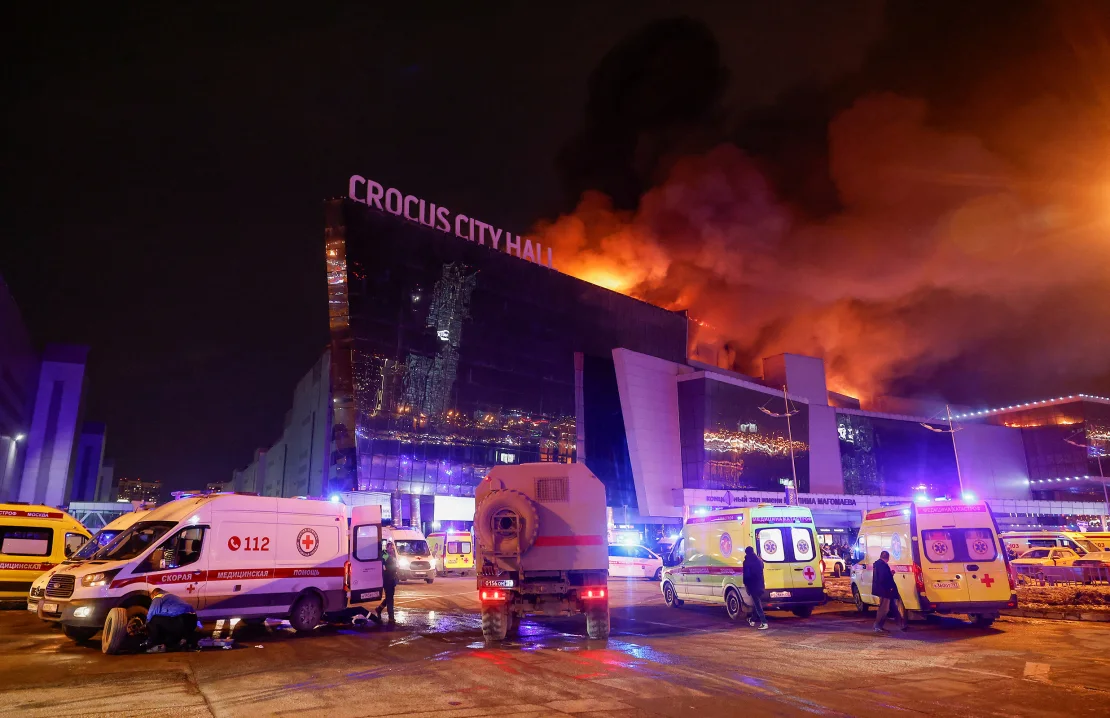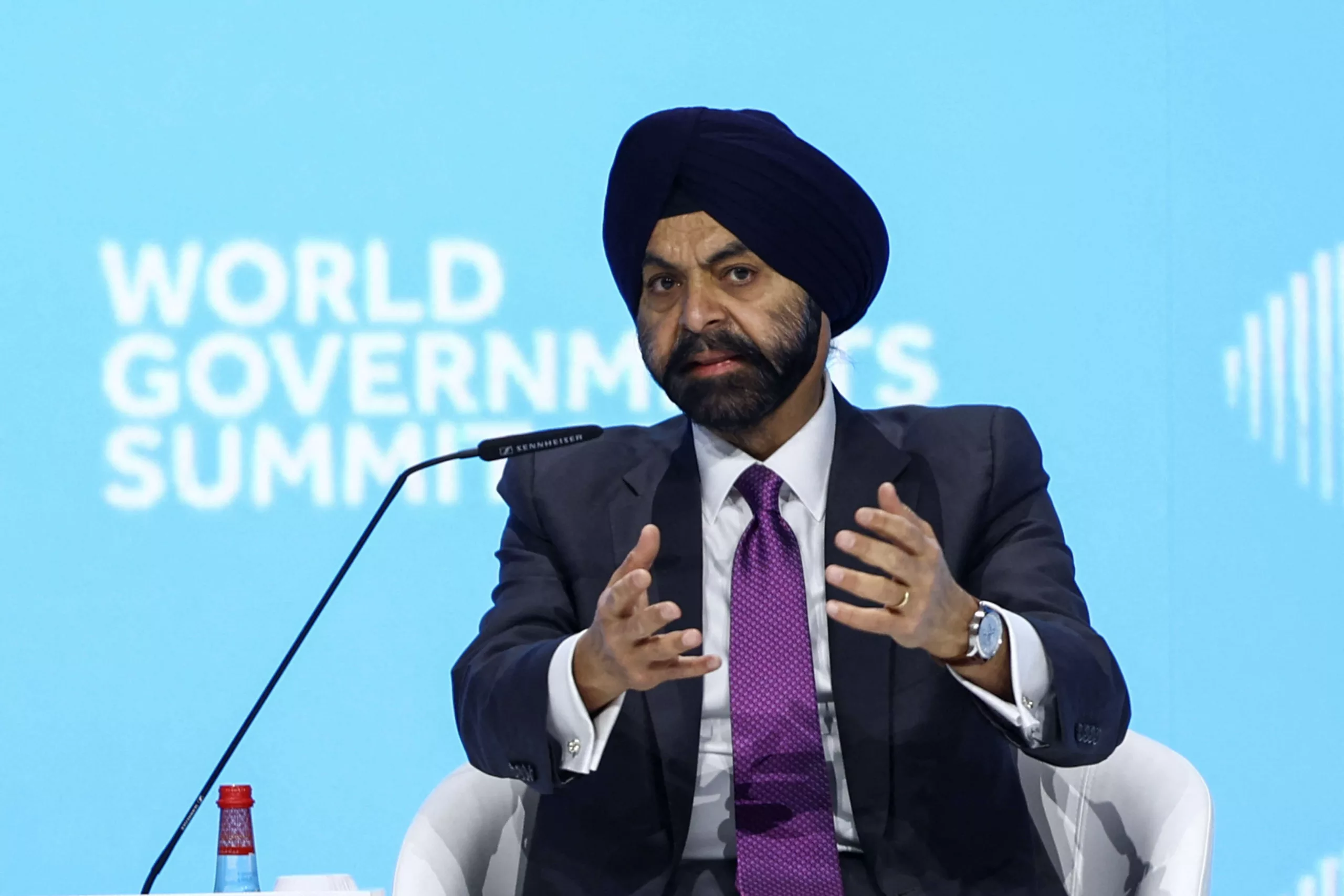During a confidential meeting with members of the House of Representatives last year, the discussion centered on the reauthorization of a significant U.S. surveillance program. The chairman of the US House Permanent Select Committee on Intelligence, a Republican, used an image depicting Americans protesting the Gaza war, insinuating potential connections between the protesters and Hamas. This suggestion aimed to argue against privacy amendments to the surveillance program, emphasizing concerns over national security risks.
In late December, an assembly of approximately 200 Republican staff members was briefed by the Intelligence Committee chair, Mike Turner, as part of efforts to solidify backing for Section 702 of the surveillance program. Concurrently, intelligence representatives briefed Democratic members, both factions attempting to counter support for privacy-enhancing reforms proposed in an alternative bill by the House Judiciary Committee. These reforms notably included a requirement for the FBI to secure warrants before accessing communications of Americans intercepted under Section 702.
The briefings intended to discourage support for these reforms, with Turner’s presentation hinting at a controversial interpretation of surveillance powers. By showcasing American protesters as potentially linked to Hamas—a designated terrorist organization by the U.S.—the presentation sought to underscore the necessity of the surveillance program for national security. Critics, however, viewed this as an alarming misuse of Section 702, which is meant to surveil foreign entities, not Americans on U.S. soil. The insinuation of such surveillance over American protesters sparked debate among attendees regarding the legal and ethical boundaries of the program.
The claims made during the presentation were met with skepticism and concern, especially given the lack of concrete evidence to support the alleged connection between the protesters and Hamas. The portrayal relied on social media posts and public demonstrations, some of which were inaccurately linked to foreign influence by the presenters. This has raised questions about the accuracy and integrity of the arguments made to justify the surveillance program’s reauthorization.
Privacy advocates and legislative staffers voiced concerns over the potential for abuse of surveillance powers, pointing out the broad definitions of “foreign intelligence” that could allow for wide-ranging surveillance activities under the guise of national security. The controversy underscores ongoing debates over privacy rights, government surveillance, and the balance between security and civil liberties in the digital age.
The discussions around Section 702 and its implications for both foreign surveillance and domestic privacy rights reflect the complex challenges faced by lawmakers in navigating the intersecting interests of national security and individual freedoms. As the debate continues, the future of U.S. surveillance practices remains a critical issue for both political leaders and the public, highlighting the enduring tension between safeguarding the nation and protecting the constitutional rights of its citizens.










